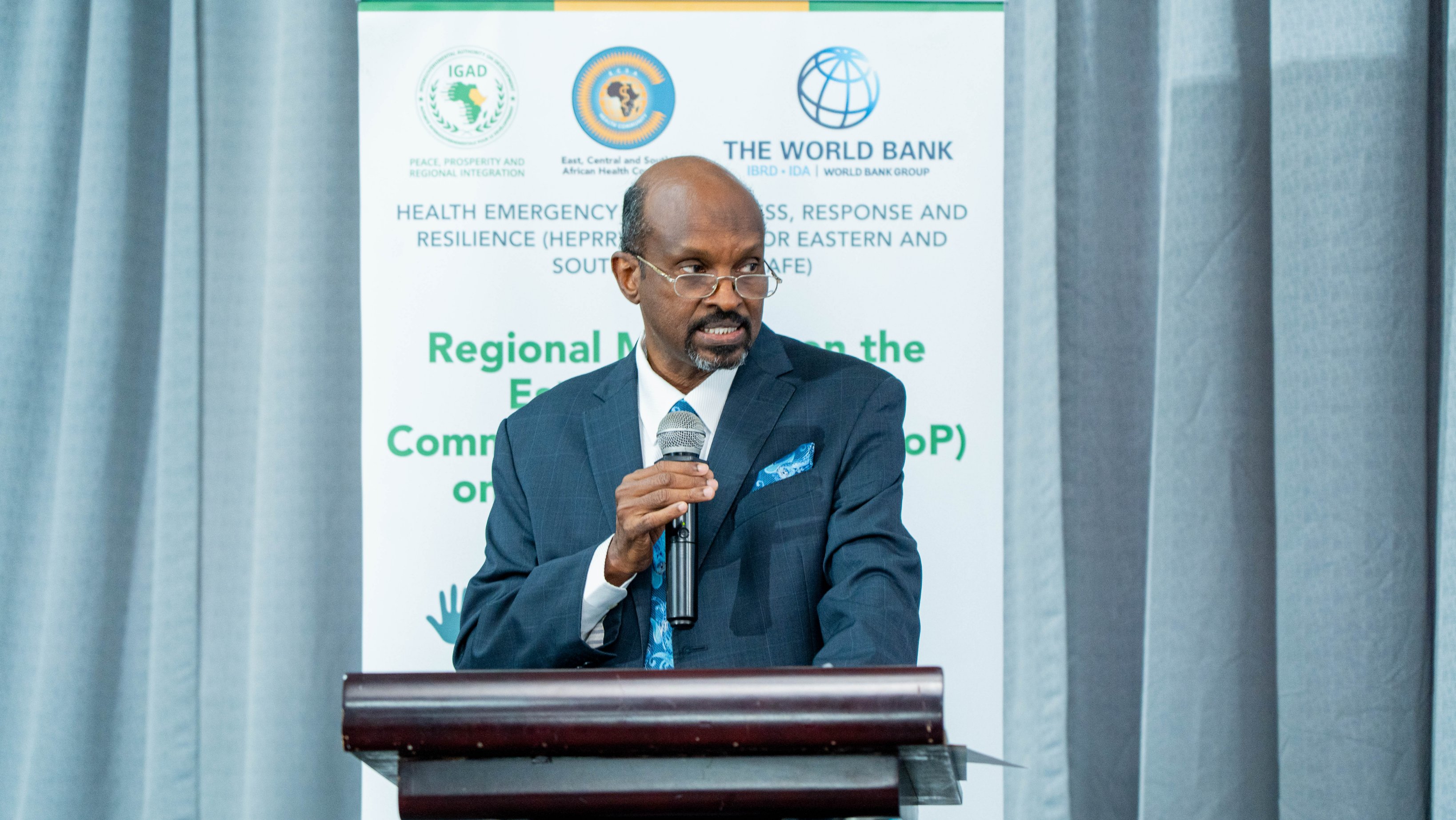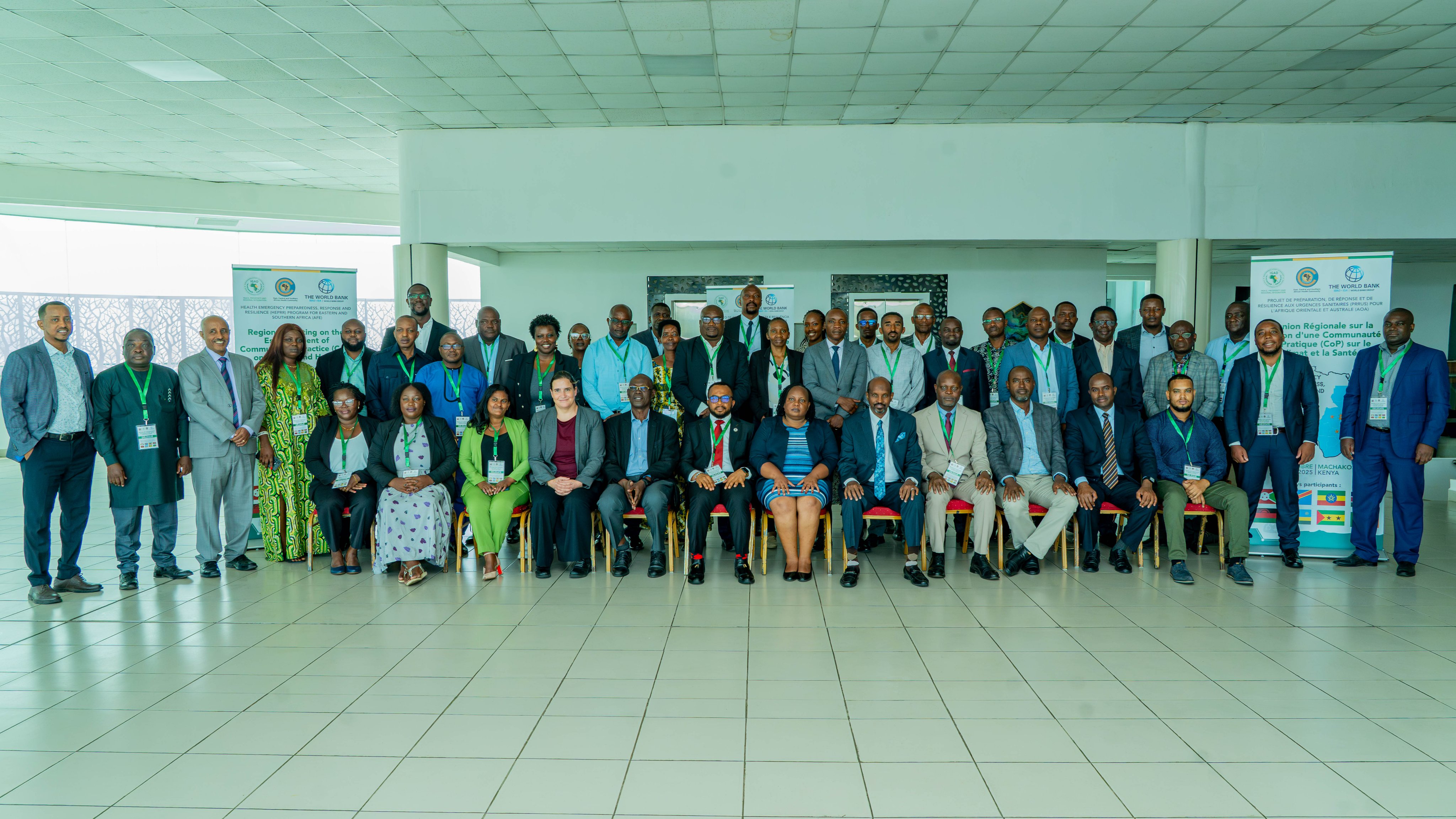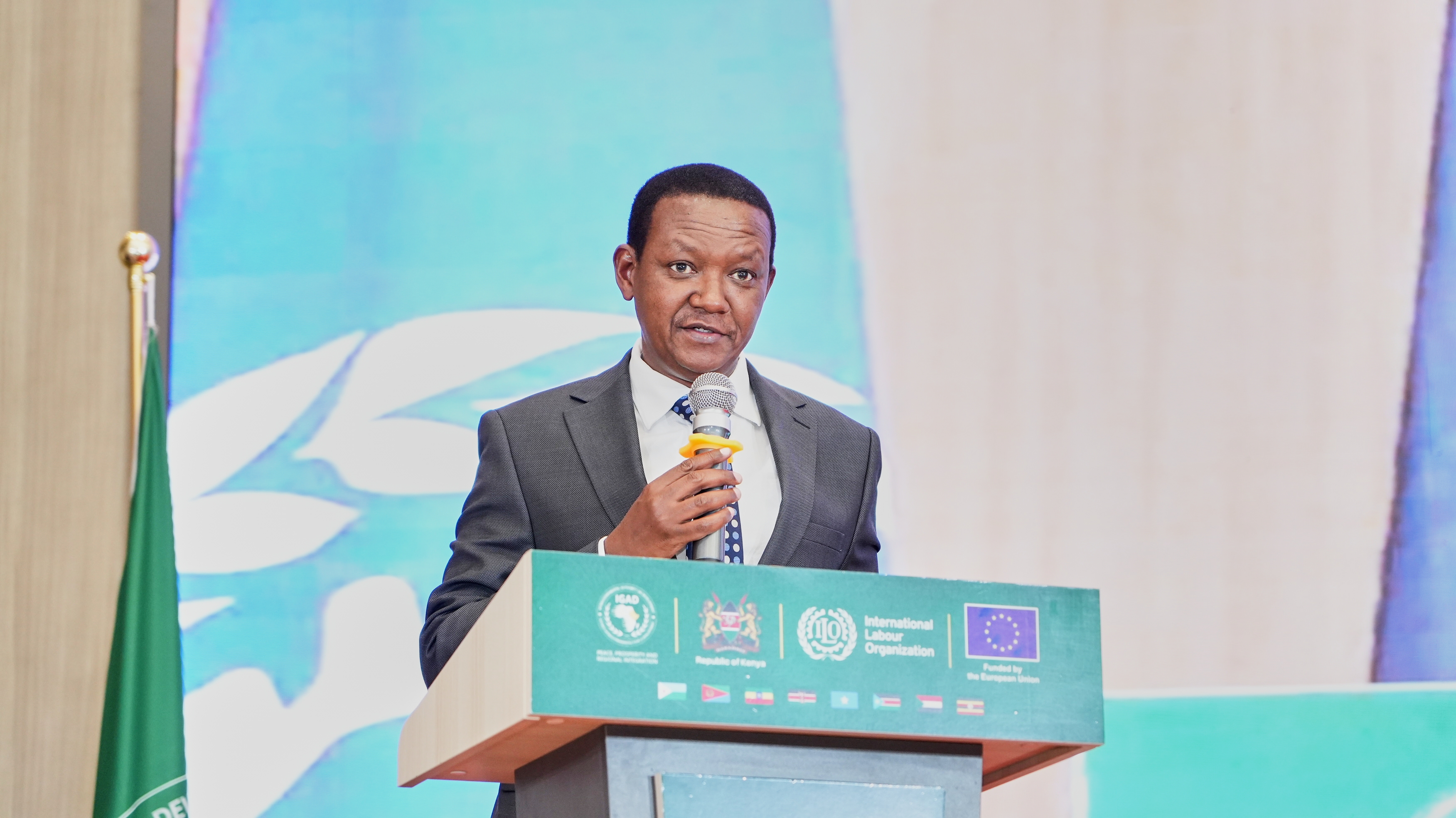

The Intergovernmental Authority on Development (IGAD) has called for
strengthened regional cooperation to build resilient and sustainable health
systems capable of withstanding climate-related crises.
This appeal was made during the inaugural
meeting of the Community of Practice (CoP) on Climate and Health, held in
Machakos, Kenya, on Monday. The forum will conclude on November 5, 2025.
In his opening remarks, the Director of IGAD’s
Health and Social Division, Ambassador Moussa Ali Meigague, who represented the
Executive Secretary, noted that the region is already experiencing the impacts
of climate change, including rising temperatures, erratic rainfall, and
frequent extreme weather events.
These conditions, he said, have intensified
outbreaks of vector- and waterborne diseases, food insecurity, and
malnutrition, disproportionately affecting vulnerable populations.
“Across our region, the effects of climate
change are already being felt. The Horn of Africa and the East and Southern
Africa (AFE) region face growing health challenges driven by climate change,
including increased temperatures, erratic rainfall, and frequent extreme
weather events,” Ambassador Moussa said.
He emphasized that climate change is now a
public health emergency that threatens progress toward universal health
coverage and sustainable development.
Moussa cited the 2025 Lancet Countdown on
Climate and Health, noting that proactive climate action presents an
opportunity to improve public health through cleaner air, stronger health
systems, and inclusive policies.
“It is now evident that climate change is not
only an environmental issue but also a public health emergency and a serious
threat multiplier that undermines progress towards universal health coverage,
resilience, and sustainable development.”
 Delegates at the inaugural meeting of the Community of Practice (CoP) on
Climate and Health, held in Machakos, Kenya/HANDOUT
Delegates at the inaugural meeting of the Community of Practice (CoP) on
Climate and Health, held in Machakos, Kenya/HANDOUTHe expressed gratitude to the Government of
Kenya for hosting the meeting and acknowledged the support of the World Bank,
Africa Centres for Disease Control and Prevention (Africa CDC), World Health
Organization (WHO), and other partners for their continued collaboration under
the Health Emergency Preparedness, Response and Resilience (HEPRR-MPA)
programme.
The HEPRR-MPA programme brings together nine
countries — Ethiopia, Kenya, Rwanda, Burundi, the Democratic Republic of Congo,
Malawi, Zambia, São Tomé & Príncipe, and recently Mozambique — to
strengthen regional health system resilience and improve emergency
preparedness.
Within the HEPRR-MPA framework, IGAD is
leading the Climate and Health Nexus component, which focuses on integrating
climate data into health early warning systems, conducting cross-border
climate-health research, developing health risk profiles, and promoting
anticipatory action based on predictive indicators.
To advance this work, the Regional Advisory
Committee approved the creation of the Community of Practice, chaired by the
Democratic Republic of Congo. The platform is designed to facilitate knowledge
sharing, innovation, and collective action among member states and regional
partners.
Over the three-day meeting, delegates are
expected to validate the CoP’s Terms of Reference, identify priority areas of
collaboration, develop a 2026 work plan, and strengthen partnerships between
the health and climate sectors.
Present during the opening session were Kamene Kimenye, Director General of the National Public Health Institute (NPHI); Dr. Peter Okwero, World Bank lead for the HEPRR–MPA for IGAD and ECSA-HC; Dr. Allan Mpairwe, representing Dr. Dick Chamla, Director for Emergency Preparedness and Response for WHO Afro and Head of the WHO Regional Hub; and Charles Michael Akataobi, Medical Epidemiologist for Africa CDC.
























